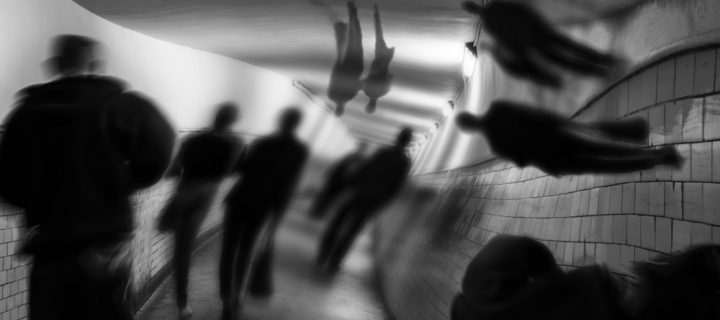People living with the disorder may now benefit from more effective, tailored treatments and greater self-empowerment.
Schizophrenia is a word that strikes fear in many. Most of us don’t understand what really causes it, or what it means to have it. And we know that it can’t be cured. It’s a mental disorder that targets just over 1% of all Americans and affects how a person feels, thinks and behaves, causing them to often lose touch with reality. But there’s now new hope.
About 3.2 million people living in the U.S deal with the illness on a daily basis.
Researchers say they’ve made a recent step forward in determining the cause of some of the disorder’s most common symptoms.
It’s been found that patients who suffer from severe visions while living with schizophrenia and other psychotic disorders often experienced sexual, physical and emotional abuse in childhood.
It was one of the strongest findings in a recent study completed by Orygen, the National Centre of Excellence in Youth Mental Health based in Australia.
Related: Here’s How Holding Hands Syncs Your Brainwaves and Eases Pain
“…there’s something about childhood trauma that leads some people to develop hallucinations,” said Dr. Sarah Bendall, the study’s lead author and head of trauma research at Orygen.
“When young people come to youth mental health services, we should be assessing for trauma and for emerging psychotic symptoms, and treating them as soon as they emerge,” she added. “We can also arm young people with some of this research knowledge and then they can make decisions about the factors that may have caused their psychosis to develop or continue.”
According to statistics, around one in every 100 people will experience a psychotic disorder in their lives. It’s a myth that people with mental disorders are more violent.
The majority of individuals who receive a diagnosis develop symptoms between 18 and 25 years old. Patients can suffer from a detachment from reality, hallucinations, delusions, disorganised thinking, and lack of motivation or emotion.
What does the future hold? Dr. Bendall hopes the new research will not only help refine treatments for patients with psychotic disorders, but that more young patients will now feel empowered in their own recovery.
Photo credits: ysuel/Shutterstock.com












